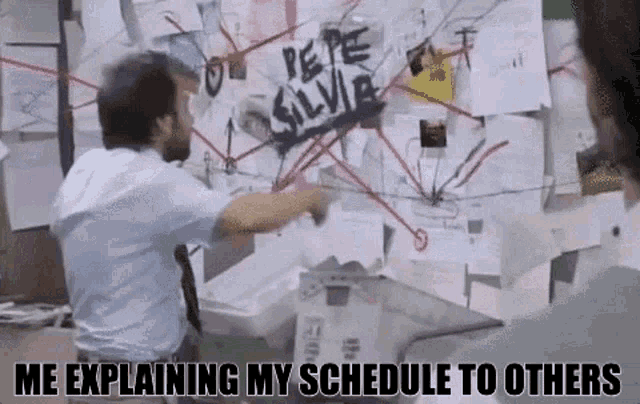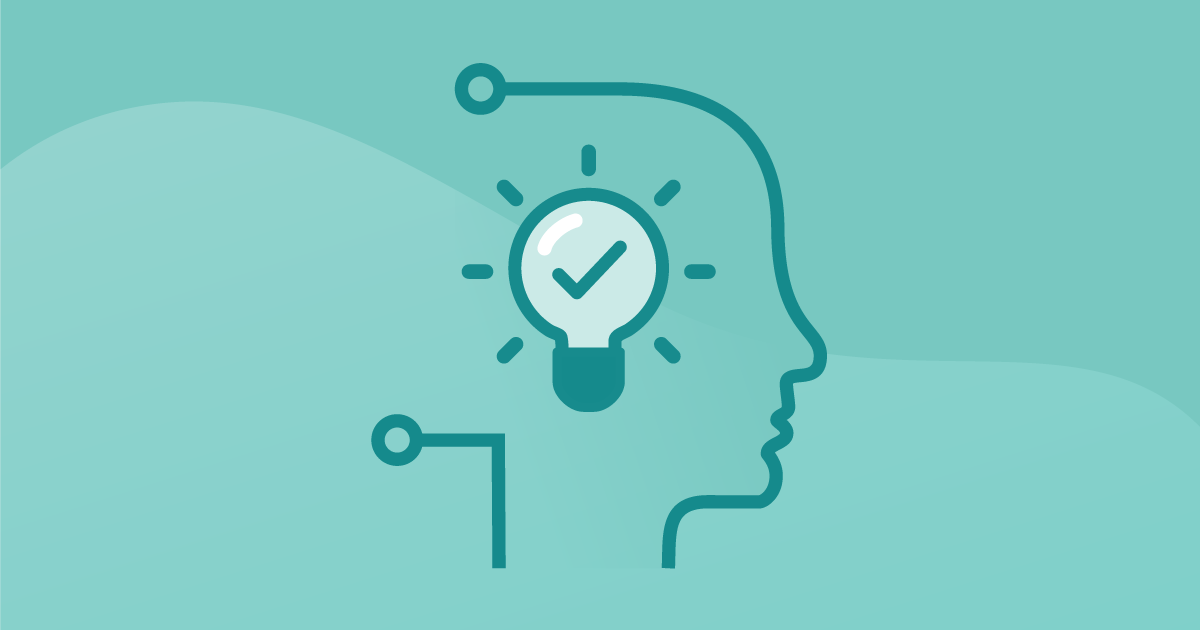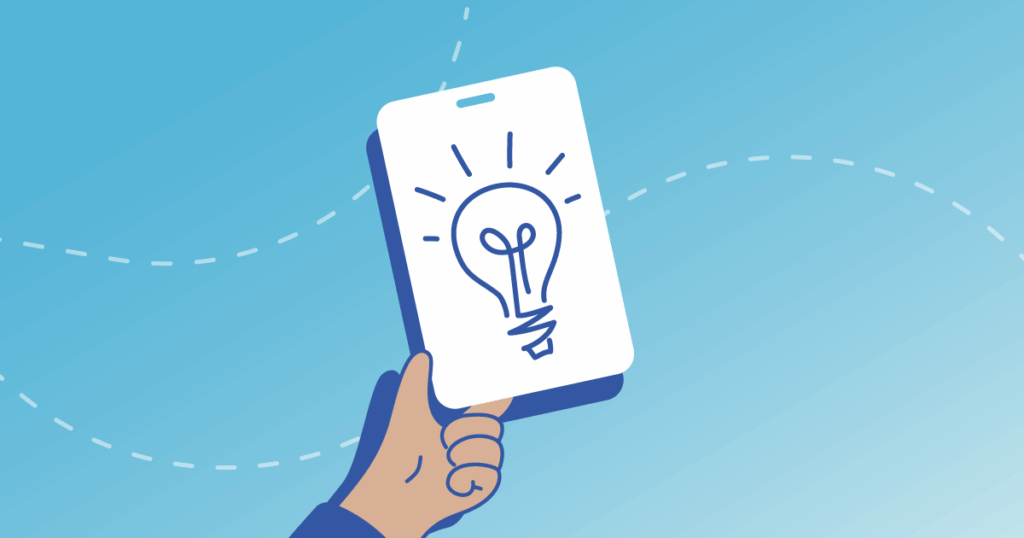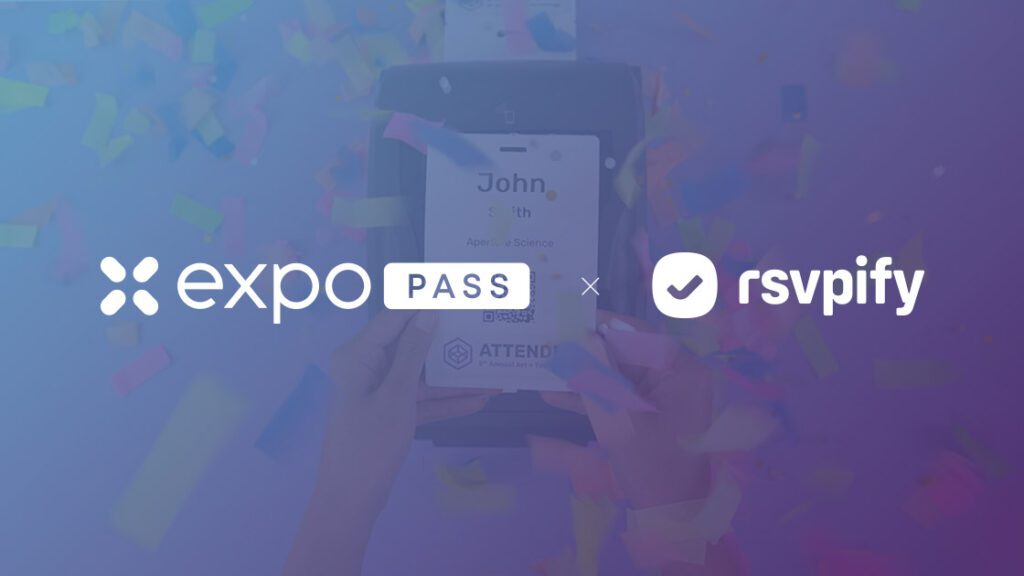It’s a new age, event planners! AI is improving by the day, opening up new opportunities for efficiency and personalization in event planning. Those who embrace this technology early will grow their business alongside this fantastic new technology.
AI (artificial intelligence) is a catchall name for a group of software, including generative AI for text and images, AI for analyzing data, and other iterations that make everything from logistical to creative tasks easier. The trick to mastering AI is knowing what you want from it. The more specific you are with inputs, the better the results will be.
It can take time to become literate in new technologies, so we’ve put together an AI event planning guide to highlight key areas where AI can transform your event planning. By the time the New Year arrives, you’ll be ready to tackle 2024 with your favorite tech assistant!

Flexible and personalized scheduling.
Scheduling is one of the most—if not the most—complicated aspects of event planning. AI can streamline the whole process, reducing the hours you spend moving things around and moving them back again.
AI’s super-powered brain can easily manage multiple scheduling scenarios, allowing you to design an event schedule with built-in contingency plans. It’s effortless for AI to produce various options that include potential conflicts, session duration, attendee availability, travel time, and other factors. You’ll have more time to study options to find the perfect schedule.
In short, AI can streamline the entire scheduling process, providing more insights in less time.
Another benefit of AI scheduling is personalized agendas. AI can design an agenda for each attendee based on their interests, business, role, and other factors using attendee data. When combined with event planning apps, AI can suggest sessions based on previous ones attended, helping attendees get more out of their experience.

Accurate analytics.
As the saying goes, “knowledge is power,” and nothing provides more impactful insights than artificial intelligence. You can analyze attendee data, industry trends, leading topics, and more using AI software to discover insights critical to crafting the pitch-perfect event!
Imagine you want to understand what worked and what didn’t in your most recent event. Simply supply attendee feedback to your AI and input the right prompt—being as specific as possible about what results you’re looking for—and presto! AI will conjure up overall satisfaction percentages, engagement percentages per session, and even group attendees’ most common suggestions, giving you greater clarity about improvements.
AI can streamline and boost marketing impact, too. Use it to identify the most likely attendees based on interests, analyze viral trends for use in designing irresistible social media promos, and even forecast ticket sales to influence your event marketing strategy. If ticket sales look bleak, it’s best to know well ahead so you can adjust course.
These are just a few ways that AI analytics can transform your planning game by providing the most precise insights in the least amount of time.
Optimized engagement.
The most important metric for success is attendee engagement. You’ve won if you’ve crafted an experience that introduces guests to new people, business opportunities, and growth strategies. If you’ve been paying attention, you already know AI can enrich attendee engagement, too.
AI-powered match-making tools can suggest like-minded individuals for attendees to meet. Gone is the awkward standing around, drink in hand, wondering who to talk to. This matchmaking guarantees more meaningful conversations and connections, which lead to impactful business opportunities for your guests.
AI is the perfect little helper, too. Using advanced chatbot technology, attendees can query your AI for help with any issues they may be having, whether that’s tech support, keynote suggestions, or directions to the bathroom.
AI can also boost accessibility. Real-time audio-to-audio translation allows attendees to listen to keynotes and Q&As in their native language, facilitating a more accessible and meaningful engagement with live content.

Better budgets.
It’s the holy grail—technology that helps you save money in event planning! Advanced AI tools can help you design budgets, allocate resources, and even find ways to save money by scouring its treasure trove of market data.
Just like with schedules, AI can effortlessly create multiple budgets for review. This increase in options allows you to see the potential pitfalls of particular strategies and the unexpected benefits of others. Once you’ve designed your budget, AI can track expenses to ensure you stay on track—nobody likes seeing their bank account with less than expected.
AI can analyze spending patterns and predict costs based on historical data, allowing you to design more accurate budgets for your event planning goals. If numbers give you headaches, AI is the tool of your accounting dreams.
When instructing AI to design your budgets, don’t forget to include a percentage for contingency planning. AI may be able to solve your budgeting headaches, but it can’t keep your attendees dry when unexpected rain arrives.

AI content creation.
AI is a mastermind at streamlining event planning logistics, but it’s also an excellent tool for creativity. Generative AI like ChatGPT can create compelling email campaigns to draw in attendees or creative copy for event landing pages. It can do SEO keyword research and keyword implementation while composing copy.
Transform webinars into easy-to-read transcripts with generative AI software for attendees to take home or for persons with hearing disabilities. Audio-to-text translation with software like Sonix allows attendees of all languages to engage deeply with your content. Downloadable transcripts are a brilliant way to provide attendees who missed the webinar with the key takeaways, increasing accessibility.
Image generators like DALL-E and Midjourney can create compelling marketing materials and social media posts in any style imaginable. Create striking visuals based on trend insights on Instagram, TikTok, LinkedIn, and other critical platforms for event promotion.
An extra-fun AI tool is Supermem.ai, which you can use to create playful memes based on your event’s theme or industry. Encouraging attendees to share these memes is a fun way to increase engagement and pre-event excitement.
The machines are taking over.
AI is more than a solution to your logistical headaches. It’s a revolutionary tool to streamline major processes, boost efficiency and unearth critical insights from mountains of data. The sooner you embrace the new technological kid on the block, the sooner you’ll be among the coolest event planners in the biz.
Everything from scheduling to budgets, content creation to webinar translation can be effortlessly handled with today’s AI tools. That’s not even the best part, though. The best part is that these tools will improve over the years. Learning to use them now will position you and your company as industry leaders.
Remember, to get quality results, you need to have accurate information and clear, actionable goals. The more specific you are, the better the results will be. However, only some suggestions will align with your needs, so reviewing the results and making the final decision among you humans is essential.
The machines may be taking over, but we’re still at the heart of event planning!




